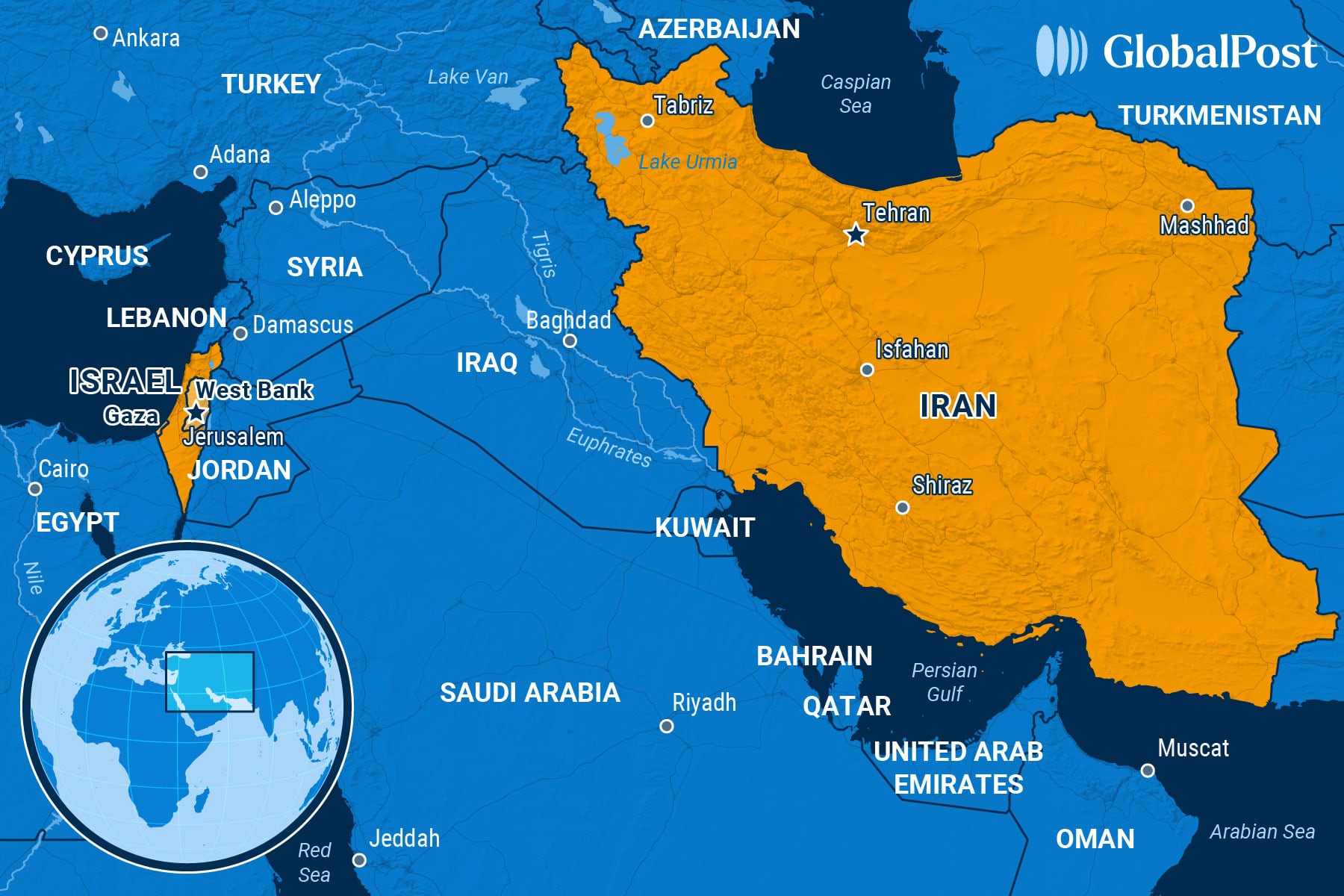Israel Confirms Ceasefire With Iran After Tehran Strikes US Base in Qatar

Israel confirmed a ceasefire with Iran early Tuesday, shortly after US President Donald Trump announced that an agreement had gone into effect, a development that came less than a day after Tehran launched retaliatory strikes on a US military base in Qatar, the Wall Street Journal reported.
On Tuesday, Israeli officials said they had accepted Trump’s proposed ceasefire deal, claiming that Israel had achieved its war objectives by neutralizing what it called a “dual existential threat” from Iran’s nuclear and ballistic missile programs.
While Iranian officials initially refused to halt hostilities without a cessation of Israeli strikes, Iranian state media later confirmed that the ceasefire began after Tehran launched what it said was its final missile barrage at Israel, NBC News noted.
Just hours earlier, Iran fired 19 missiles at the US Al Udeid Air Base in Qatar, in retaliation for American strikes on Iranian nuclear facilities over the weekend, the Associated Press reported.
The attack followed Qatar’s closure of its airspace as a precaution, and Iranian authorities claimed they gave Washington advance warning. They also said they used the same number of bombs as the US had dropped, signaling a possible intention to de-escalate.
There were no casualties reported, and only one missile caused damage. Still, Qatari officials denounced the attack as “a flagrant violation of Qatar’s sovereignty, its airspace, and international law.”
Iran’s state television aired footage of the attack to martial music, labeling it “a mighty and successful response by the armed forces of Iran to America’s aggression.” The broadcast noted the base was targeted because it was outside population centers.
President Trump thanked Iran for its advance warning and renewed calls for peace. Bahrain and Kuwait temporarily closed their airspace during the exchange but reopened it hours later.
The missile exchange between Iran and Israel began on June 13, after Israel launched surprise strikes on Iranian nuclear and military infrastructure. Iran retaliated by firing hundreds of missiles and drones into Israeli cities.
The United States initially did not participate in the Israeli strikes, but later launched a series of airstrikes Saturday targeting three Iranian nuclear facilities.
The ongoing tensions have sparked fears of a widening regional conflict and international calls for de-escalation.
Although the ceasefire has brought a pause to hostilities, analysts told Reuters that key questions remain, including the terms of the agreement and whether the US and Iran will revive stalled nuclear talks.
Meanwhile, Iran’s parliament voted over the weekend to close the Strait of Hormuz, a strategic waterway that connects the Gulf with the Arabian Sea, and hosts about 20 percent of the world’s oil and gas trade, the BBC noted.
Such a move would seriously impact the global economy, disrupting international trade and increasing oil prices. It could also cause the cost of goods and services worldwide to spike, hitting some of the world’s biggest economies, including China, India, and Japan, which are among the top importers of crude oil passing through the narrow waterway.
On Monday, European and US leaders warned Iran against such a move, calling it “extremely dangerous.”
The oil transported through the corridor originates in Iran but also from other Gulf states such as Iraq, Kuwait, Qatar, Saudi Arabia, and the United Arab Emirates. If Iran moves to hinder passage through it, it could risk hostilities with its neighboring oil-exporting countries, the United States and Europe, which is heavily dependent on this trade.
Iran has threatened to close the Strait in previous conflicts but never followed through. However, persistent threats of closure have pushed the other oil-exporting countries of the region to develop alternative commercial routes.
Still, observers noted that Iran is isolated: Russia and China are unlikely to help the country militarily while most of its neighbors in the region have long been at odds with its regime. On Monday, former Russian president and current deputy chairman of Russia’s security council Dmitry Medvedev said multiple countries are ready to directly supply Iran with nuclear warheads as a result of the US strikes on key Iranian nuclear sites, a claim analysts dispute.
Trump shot back: “Did he really say that or, is it just a figment of my imagination? If he did say that, and, if confirmed, please let me know, IMMEDIATELY,” he wrote. “I guess that’s why Putin’s ‘THE BOSS.’”

Subscribe today and GlobalPost will be in your inbox the next weekday morning
Join us today and pay only $46 for an annual subscription, or less than $4 a month for our unique insights into crucial developments on the world stage. It’s by far the best investment you can make to expand your knowledge of the world.
And you get a free two-week trial with no obligation to continue.
